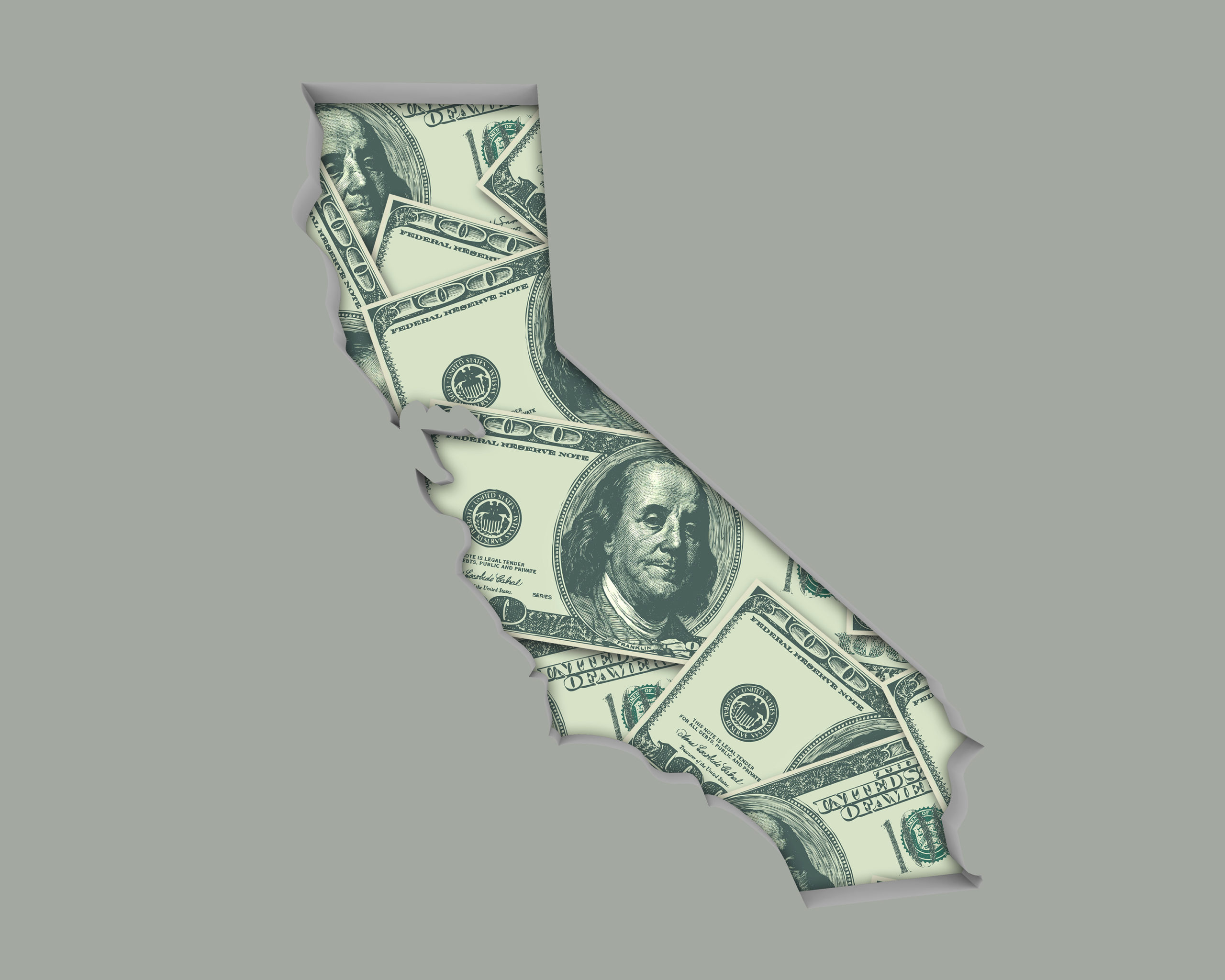Maybe it’s time to start thinking about requiring newly elected lawmakers to take an economics 101 class before they start their first session. It seems that maybe outside of our woke and crumbling public education system, there’s no other institution where economic illiteracy is more prevalent than in government.
Example for the ages: Democratic Rep. Barbara Lee, who represents California’s 12th District out of Oakland in Washington, and wants to be the state’s junior U.S. senator, believes there should be a $50 an hour federal minimum wage.
Lee called for the dizzying minimum wage hike in an October debate between the Democratic candidates campaigning to replace the late Sen. Dianne Feinstein. She defended it at the most recent debate, on Feb. 12, when she said, “I’ve got to be focused on what California needs and what the affordability factor is when we calculate this wage.”
“Just do the math,” she insisted, “just do the math.”
Well, here’s the math.
“A 40-hour-a-week full-time job, that’s the equivalent of a $100,000 a year MINIMUM salary!” says the Committee to Unleash Prosperity, and is nearly two-and-one-half times as high as the national median personal annual that’s just a bit north of $40,000.
“Our back-of-the-envelope calculation is that a $50 federal minimum wage would cause at least 10 to 20 million lower-wage and less-skilled Americans to lose their jobs. That will really help the poor.”
Lee’s Democratic rivals for the office aren’t much better on this topic. They support a minimum wage between $20 and $25 an hour. According to media reports, Rep. Adam Schiff says the federal minimum wage should be $25; Rep. Katie Porter believes it should be $20 in 49 states but is OK with $25 in California.
The Republican candidate? Steve Garvey says the “minimum wage is where it is and should be,” which is not terrible but neither is it inspiring to those who understand that no matter what the minimum wage is, it brings the greatest pain to those who are supposed to gain the most from it.
Meanwhile, there is no political cost in California for supporting a $50 or $75 or even $100 minimum wage. A large plurality if not a majority of Golden State voters tend to believe that businesses are eternal fonts of cash rather than job creators that have limited resources. They seem oblivious to the damage government inflicts when it distorts the labor market by manipulating wages. Maybe the impact of a $50 minimum wage – the lost jobs, higher prices, closed businesses – would shock them back to reality. Then again, the harm caused by progressive policies has gone largely unnoticed in California over the last couple of decades.
While Lee’s loony idea is impossible to defend, she does base it on “California needs,” which, to be fair, actually exist. It’s manifestly true that living in California is expensive, especially in its pricey coastal corridor. But many are resolving this on their own by leaving, relocating to states where taxes are lower and the cost of living isn’t skewed straight toward the sky by government regulation.
Kerry Jackson is the William Clement Fellow in California Reform at the Pacific Research Institute.

